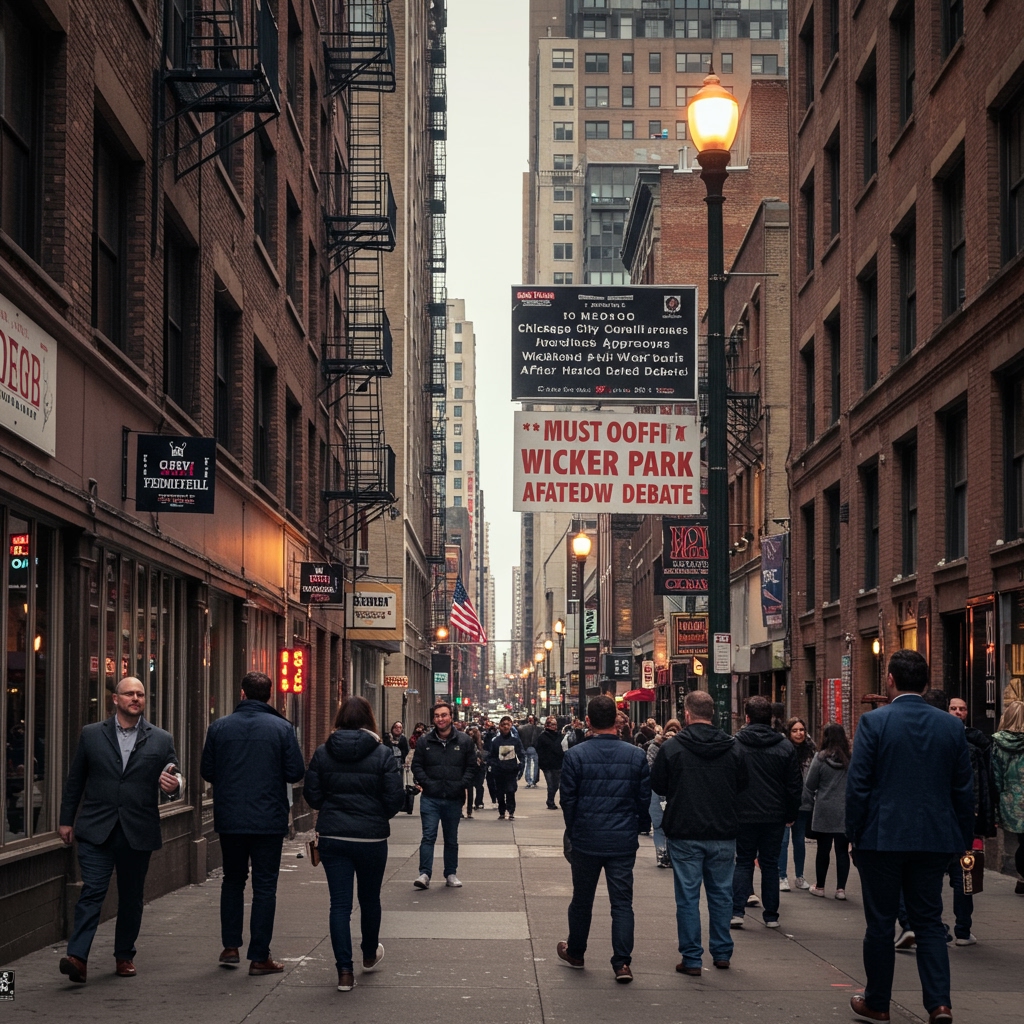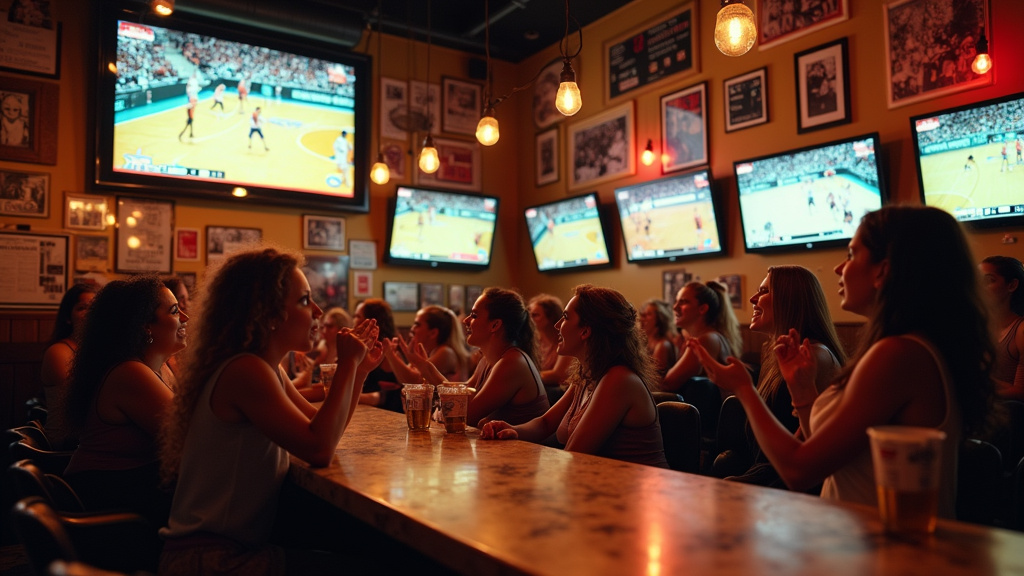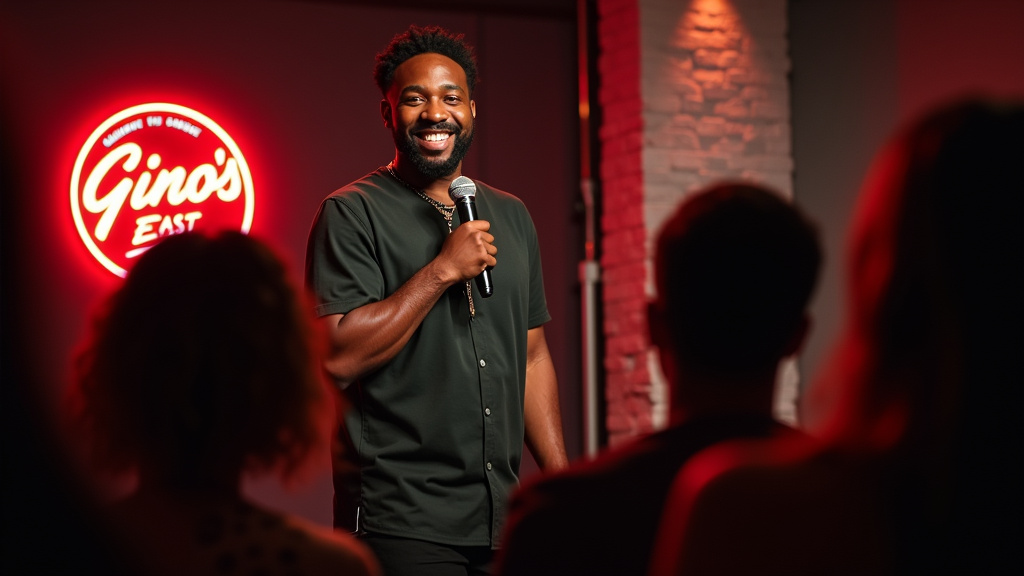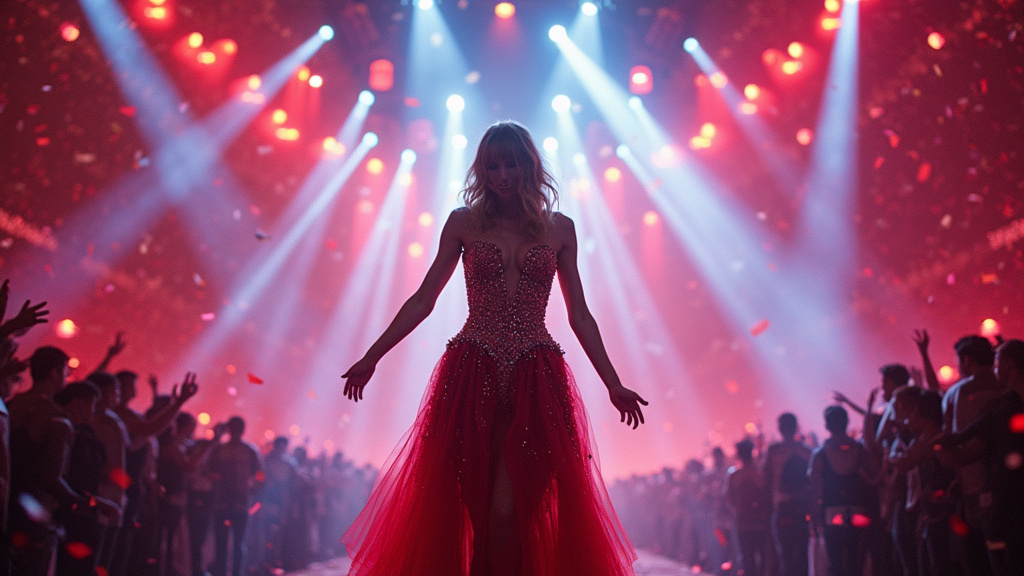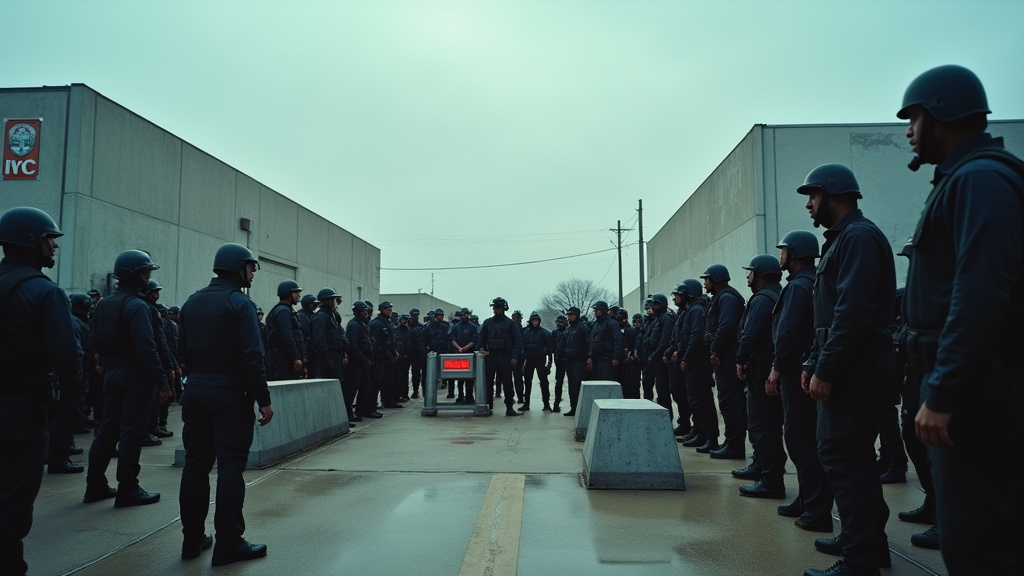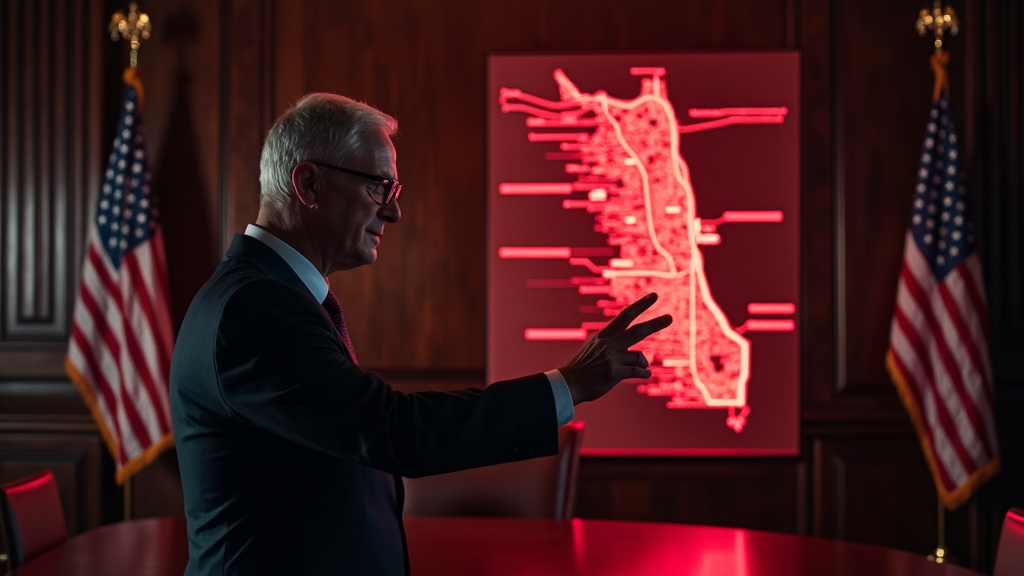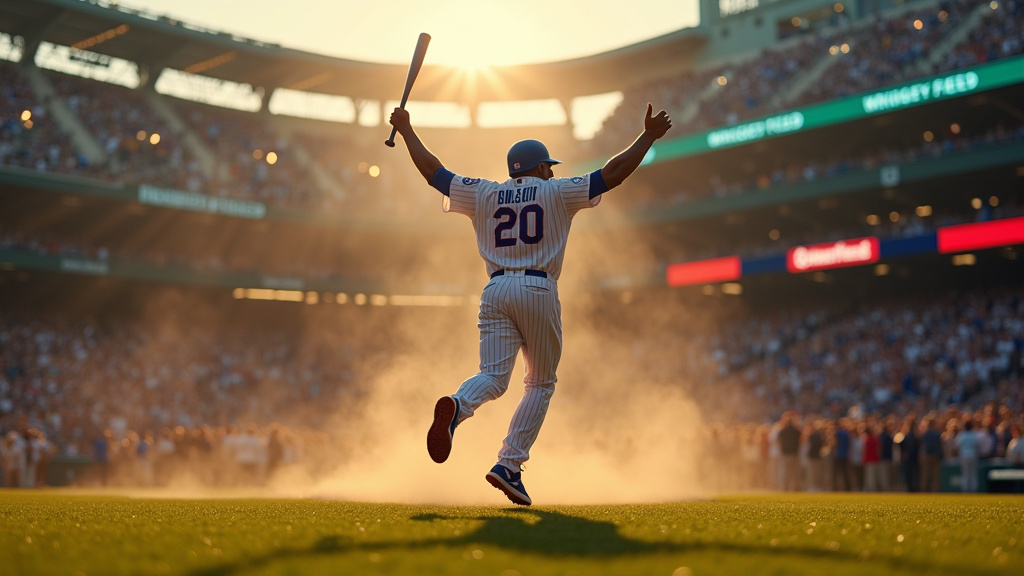CHICAGO, IL – In a highly anticipated vote following weeks of intense community debate and significant lobbying efforts from both residents and business owners, the Chicago City Council today approved a modified ordinance related to late-night operating hours for bars in the Wicker Park neighborhood. The proposal, championed by Alderman Daniel La Spata of the 1st Ward, initially sought to impose a mandatory 1 a.m. closing time on weekend nights for establishments located on specific stretches of Division Street and Damen Avenue.
The measure was put forth primarily to address mounting concerns from neighborhood residents regarding noise disturbances, litter, and public safety issues frequently associated with late-night activity in the bustling entertainment district. Over time, as Wicker Park has grown in popularity as a nightlife destination, the density of bars and the volume of patrons exiting establishments in the early morning hours have led to increasing friction between long-term residents seeking quiet enjoyment of their homes and the vibrant, commercially successful bar scene.
Alderman La Spata’s initial proposal targeted Friday and Saturday nights, proposing that all bars within the designated area cease operations at 1 a.m. This stricter curfew aimed to significantly reduce late-night foot traffic and associated noise earlier in the morning, theoretically improving quality of life for residents living immediately adjacent to or near the affected streets. Supporters of the original ordinance pointed to instances of late-night disturbances and argued that an earlier closing time was a necessary step to restore balance in the mixed-use neighborhood.
Business Owners Warn of Severe Economic Impact
The proposed 1 a.m. curfew faced fierce and well-organized opposition from the local business community. Owners and operators of the affected bars argued strenuously that a one-hour reduction in weekend operating time, from the traditional 2 a.m. closing to 1 a.m., would have devastating economic consequences. They highlighted the fact that late-night hours, particularly between 1 a.m. and 2 a.m. on Friday and Saturday, represent a disproportionately high percentage of their weekend revenue.
Industry representatives and business advocacy groups presented data suggesting that the loss of this critical hour could result in a potential revenue loss of up to 30% for many establishments. This potential downturn, they warned, would jeopardize the viability of businesses, potentially leading to job losses for bartenders, servers, security staff, and other employees. Business owners also argued that the proposed ordinance unfairly targeted their establishments while other factors contributing to late-night noise and activity, such as street performers or general pedestrian traffic unrelated to specific bars, remained unaddressed. They emphasized their role in providing employment and contributing to the local tax base, portraying the original proposal as an existential threat to many long-standing neighborhood businesses.
Intense lobbying efforts characterized the period leading up to the City Council vote. Business owners, employees, and patrons rallied to oppose the measure, while residents presented their grievances and urged the Council to prioritize neighborhood tranquility. The debate became a microcosm of the tension often found in rapidly gentrifying urban neighborhoods balancing residential quality of life with commercial interests.
Modified Ordinance Approved, Including Exemptions
After lengthy deliberation and recognizing the valid concerns from both sides, the City Council ultimately voted to approve a modified version of Alderman La Spata’s proposed ordinance. The approved measure represents a compromise aimed at mitigating resident concerns while providing a pathway for successful businesses to continue operating during traditional late-night hours under specific conditions.
Under the terms of the newly approved ordinance, the baseline closing time for bars on the affected portions of Division Street and Damen Avenue in Wicker Park will indeed be 1 a.m. on Friday and Saturday nights. However, a crucial modification allows bars meeting specific criteria to apply for exemptions that would permit them to remain open until 2 a.m. on these nights. These criteria are designed to address the very issues that prompted the ordinance.
Establishments seeking the 2 a.m. exemption will need to demonstrate that they have implemented robust noise mitigation measures, potentially including soundproofing or strict management of patron behavior outside the premises. Additionally, they will need to show that they have implemented enhanced security protocols to ensure public safety in and around their establishments during late-night hours. The specific details and application process for these exemptions are expected to be finalized in the coming months.
This compromise acknowledges the economic realities faced by the dozens of establishments operating in the affected area while attempting to incentivize responsible business practices that minimize negative impacts on the surrounding residential community. It shifts the focus from a blanket restriction to a performance-based system where businesses can earn the right to operate later by proactively addressing noise and safety.
Implementation Set for 2025
The new regulations, including the baseline 1 a.m. curfew and the provisions for 2 a.m. exemptions based on noise mitigation and security criteria, are not set to take effect immediately. The approved ordinance stipulates an effective date of July 1, 2025. This delayed implementation provides affected businesses with a significant lead time to understand the new requirements, assess their operations, make necessary physical plant improvements (such as soundproofing), implement new security measures, and navigate the application process for potential exemptions.
The nearly year-long delay is intended to allow for a smooth transition, giving businesses adequate time to prepare and the city administrative bodies time to establish clear guidelines and procedures for the exemption application and approval process. The implementation of this modified curfew will undoubtedly reshape the late-night landscape of Wicker Park’s core entertainment streets, impacting the operations of dozens of bars and potentially altering the rhythm of the neighborhood on weekend nights starting next summer.
Community members and business owners will be closely watching the development of the exemption criteria and the enforcement plans as the effective date approaches, signaling the ongoing importance of this issue in the vibrant Wicker Park neighborhood.


